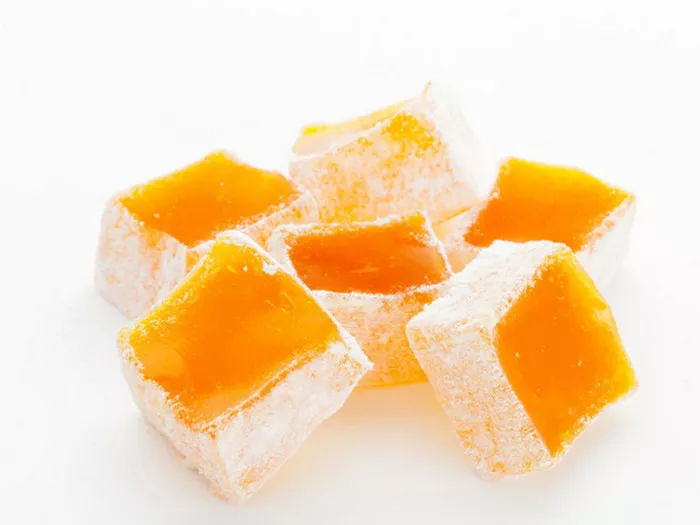Alpha lipoic acid (ALA) is a compound that has garnered increasing attention in the field of nutrition and health due to its potential benefits for overall well-being. Often referred to as the “universal antioxidant,” ALA plays a crucial role in cellular energy production and antioxidant defense mechanisms within the body. Despite its importance, there is often confusion surrounding the classification of alpha lipoic acid as a vitamin. In this article, we aim to unravel the mysteries surrounding ALA and explore its role as a potential vitamin.
Unveiling Alpha Lipoic Acid: Characteristics and Functions
Before delving into its classification as a vitamin, it’s essential to understand the characteristics and functions of alpha lipoic acid itself. ALA is a naturally occurring compound found in various foods, including organ meats, spinach, broccoli, and potatoes. It is also synthesized within the human body, albeit in limited amounts.
One of the key characteristics of ALA is its role as a cofactor in mitochondrial energy metabolism. It participates in vital enzymatic reactions involved in converting carbohydrates into energy, making it essential for cellular function and overall energy production. Additionally, ALA exhibits potent antioxidant properties, helping to neutralize harmful free radicals and protect cells from oxidative damage.
The Vitamin Debate: Is Alpha Lipoic Acid a True Vitamin?
The classification of alpha lipoic acid as a vitamin is a topic of debate among scientists and nutrition experts. Traditionally, vitamins are defined as essential nutrients that the body cannot produce in sufficient quantities, necessitating their intake through diet or supplementation. They play crucial roles in various physiological processes, including metabolism, immune function, and tissue repair.
While ALA meets some of the criteria for classification as a vitamin, such as its essential role in cellular metabolism and antioxidant defense, it does not fit neatly into the traditional definition of a vitamin. Unlike classic vitamins such as vitamin C or vitamin D, ALA is not universally recognized as an essential nutrient required for life. The body can synthesize ALA endogenously, albeit in limited amounts, and it is not considered indispensable for survival.
Exploring the Role of ALA in Health and Wellness
Despite the debate surrounding its classification as a vitamin, there is ample evidence to suggest that alpha lipoic acid plays a vital role in promoting health and wellness. Its dual function as a cofactor in energy metabolism and as an antioxidant makes it a valuable compound for supporting overall well-being. Some potential health benefits of ALA include:
Antioxidant Protection: ALA’s antioxidant properties help combat oxidative stress and inflammation, which are implicated in the development of various chronic diseases, including cardiovascular disease, diabetes, and neurodegenerative disorders.
Support for Blood Sugar Control: Research suggests that ALA may aid in improving insulin sensitivity and blood sugar control in individuals with diabetes or insulin resistance. It may also help reduce complications associated with diabetes, such as neuropathy and endothelial dysfunction.
Neuroprotection: ALA has been studied for its potential neuroprotective effects, particularly in conditions such as Alzheimer’s disease and Parkinson’s disease. It may help protect against neuronal damage and cognitive decline by reducing oxidative stress and inflammation in the brain.
Skin Health: Some studies suggest that ALA may have benefits for skin health, including reducing signs of aging, improving skin texture, and enhancing collagen production. Its antioxidant properties help protect skin cells from damage caused by UV radiation and environmental pollutants.
Navigating Supplementation: How to Incorporate ALA into Your Routine
For individuals interested in harnessing the potential benefits of alpha lipoic acid, supplementation may be a convenient option. ALA supplements are widely available in various forms, including capsules, tablets, and powders. When choosing an ALA supplement, it’s essential to consider the following factors:
Quality and Purity: Look for supplements from reputable brands that adhere to good manufacturing practices (GMP) and undergo third-party testing for purity and potency. This ensures that you are getting a high-quality product free from contaminants.
Dosage and Formulation: The optimal dosage of ALA may vary depending on individual health status and goals. Consult with a healthcare professional or nutritionist to determine the appropriate dosage and formulation for your needs.
Bioavailability: Consider the bioavailability of different forms of ALA, such as alpha lipoic acid or its stabilized form, R-alpha lipoic acid. Some formulations may be more readily absorbed and utilized by the body, leading to enhanced efficacy.
Safety and Side Effects: While ALA is generally well-tolerated, some individuals may experience mild side effects such as gastrointestinal upset or allergic reactions. It’s essential to follow recommended dosage guidelines and monitor for any adverse reactions when starting supplementation.
Conclusion: Embracing Alpha Lipoic Acid as a Vital Nutrient
In conclusion, while the classification of alpha lipoic acid as a vitamin may be subject to debate, its importance for health and wellness cannot be overstated. Whether considered a vitamin or not, ALA plays a crucial role in cellular metabolism, antioxidant defense, and overall well-being. By incorporating ALA-rich foods into your diet or supplementing with high-quality ALA supplements, you can support your body’s natural processes and promote optimal health.
As our understanding of alpha lipoic acid continues to evolve, so too will our appreciation for its potential benefits. Whether you’re seeking to improve blood sugar control, protect against oxidative stress, or support neurological health, ALA offers a versatile and valuable addition to your nutritional arsenal. So, embrace the power of alpha lipoic acid and unlock its potential for enhancing your health and vitality.
[inline_related_posts title=”You Might Be Interested In” title_align=”left” style=”list” number=”6″ align=”none” ids=”5718,5713,5711″ by=”categories” orderby=”rand” order=”DESC” hide_thumb=”no” thumb_right=”no” views=”no” date=”yes” grid_columns=”2″ post_type=”” tax=””]































